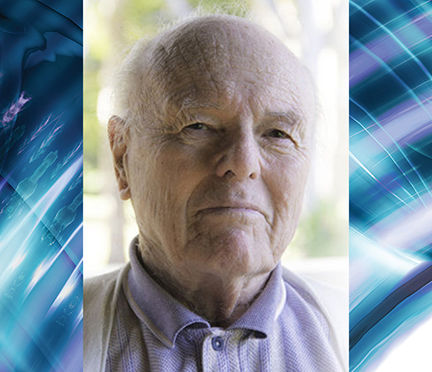In 1992 hurricane Iniki slammed into Kauai causing major damage. It destroyed the Eastside resort hotel Coco Palms and caused leakage in the roof of the Kilauea gym.
After 23 years, our government has failed to demolish the Coco Palms eyesore and the Kilauea leakage is unresolved. A considerable number of other neglects and failures including absences of solutions for solid waste disposal and traffic congestion could be mentioned.
About seven years of these disorders have occurred under the regime of Mayor Carvalho. Yet, he recently declared he would like to run again for mayor when his term expires in 2018.
Wake up Kauai! We do not need to have another four years of a patronage laced, inefficient and misguided form of government. We should consider the potential that a subcommittee of our council is now examining changing to a council-manager (CM) system that is growing in popularity throughout our country.
It is noteworthy that Hawaii is the only state in the union that does not have one or more cities or counties under a CM system and that in about 100 years use of such a system has grown from zero usage to about half of all municipalities comparable to Kauai.
Under the system a professionally educated and experienced manager is given the executive powers now held by our mayor.
At present, Kauai is plagued by ever increasing costs of government and threatened deficits. A 2007 study by the International City/County Managers Association provides empirical instances of a selected group of cities of less than 100,000 population where concrete savings were achieved by thoughtful cost reduction programs instituted by managers.
A more comprehensive 17-page study was made by IBM corporation of 100 American cities with a CM system. It found that the quality of management was the most important factor in measuring the efficiency of the cities surveyed.
It concluded that communities with a manager form of government are nearly 10 percent more efficient than those with mayoral form of government. On Kauai, a 10 percent cost reduction for our government would save our taxpayers $18 million annually.
These determinations appear to validate the assumption underlying the CM system that investing executive authority in professional management shielded from direct political influence should yield more efficiently run communities.
A statistical item used in the study is of interest. It said that on average cities employ 632 employees per 100,000 population. But for the top 20 percent in performance cities the average number is 519 while for the bottom 20 percent the number is 953. It seems evident that a more efficient work force is a vital element for controlling costs.
There are two special circumstances that would be involved in a CM system for Kauai that warrant our attention.
In the usual CM system the manager appoints and provides overall direction for all department heads. Under our current Kauai Charter in four departments — fire, police, water and planning — the department head is chosen by a commission.
A generally cited advantage for a CM system is its accountability. It is difficult to require a manager to be accountable for the performance of a person over which he has no authority. Our council, should it proceed to recommend a CM system, would need to make a decision on this matter. Your input to them would be of great value.
In most CM systems the office of mayor is preserved. Typically, the mayor will be a member of the council who also handles ceremonial and intragovernmental matters. In most cases the mayor is selected by other councilmembers rather than by popular vote. Again citizen input on this would be desirable.
It is well said that the main features of the CM system are its efficiency, its transparency, its continuity and its accountability. All healthy attributes.
The system will, however, have its opponents — those who believe in politics and think that being efficient is too businesslike. The mayor has already identified his unfavorable opinion of CMs and will doubtless try to persuade others.
CM is not a perfect system — none is. For some change is difficult. But adopting a CM system is more than a change — it is a liberation from political cronyism, from toleration of inefficiency and from finger-pointing controversies over accountability. It is a pathway to a better Kauai.
•••
Walter Lewis is a retired attorney who lives on Kauai and writes a regular column for The Garden Island.




